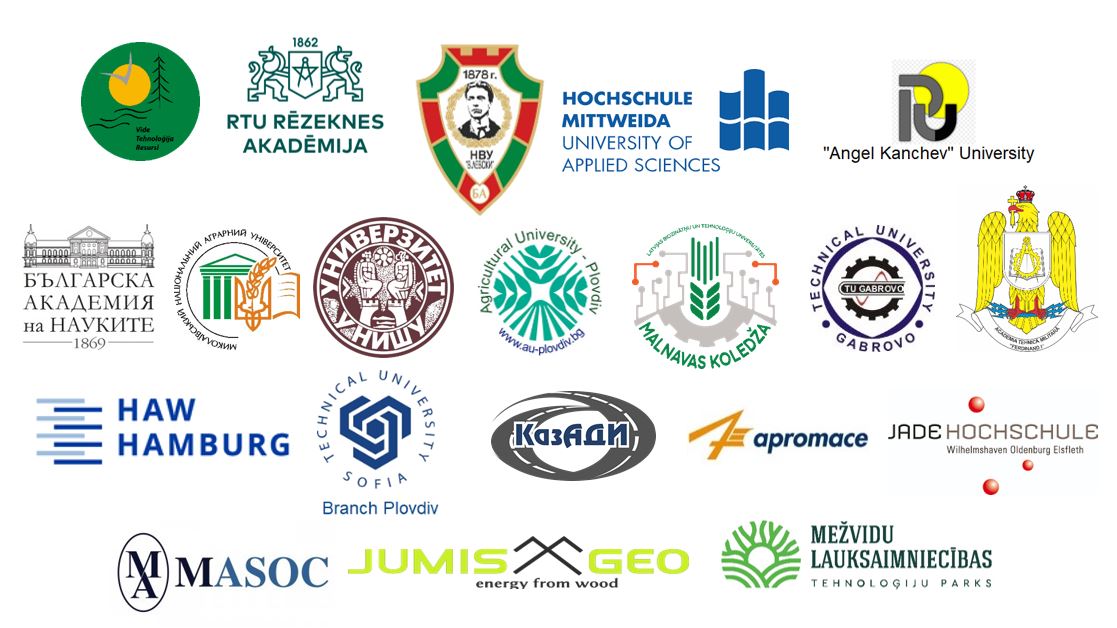CREATION OF INNOVATIVE APPROACH FOR STUDY OF THE NATIONAL FISCAL SPACE
##manager.scheduler.building##: Atbrivosanas aleja 115, k-4 (Faculty of Engineering)
##manager.scheduler.room##: Room 113
Last modified: 05.06.2017
Abstract
The choice and topicality of the theme is substantiated by the fact that a sustainable development of a country is affected by the policy implemented by the government. One of its main parts is the fiscal or budget policy which means the formation of the necessary funds of the revenues and expenditures to ensure the functioning of the government. Accordingly, the concept of fiscal space has been activated which is closely connected with the implementation of the instruments of fiscal policy (taxes, government expenditures, government debt). The aim of the research is to create an innovative approach to the investigation of the creation of the state fiscal space applying the simulation method in the environment of Matlab/Simulink in order to forecast the influence of the corporate income tax on the state economic and financial indicators taking into account the changes of the corporate income tax offered by the government and the Bank of Latvia. Methodology of the research implies the following activities: the identification of the concept of fiscal space and its application in the context of the influence on economy; the creation of the assessment methodology of the components of fiscal space using technological tools (data modelling in Matlab / Simulink environment).
Keywords
References
[1] C. Kay, Mathematics for Computer Programmers. New Jersey: Prentice Hall, 1984.
[2] J. Kiusalaas, Numerical Methods in Engineering with MATLAB, 3e. Cambridge University Press, 2016, 430 p.
[3] A.B. Shiflet and G.W. Shiflet, Introduction to Computational Science: Modeling and Simulation for the Sciences, 2e. Princeton University Press, 2014, 856 p.
[4] T. Siauw and A. Bayern, An Introduction to MATLAB Programming and Numerical Methods for Engineers. Academic Press, 2014, 340 p.
[5] C.W. Silva, Modeling and Control of Engineering Systems. CRC Press, Inc, 2009, 766 p.
[6] D. Smith, Engineering Computation with MATLAB, 3e. Pearson Education Inc, 2013, 464 p.
[7] D. Xue and Y. Chen, System Simulation Techniques with MATLAB and Simulink. John Wiley & Sons, Inc, 2013, 488 p.
[8] J. Aizeman and Y. Jinjarak, “De facto fiscal space and fiscal stimulus:Definition and assessment,” National Bureau of Economic Research Working,Paper No. 16539, 2010.
[9] A. Alesina and S. Ardagna, “Large Changes in Fiscal Policy: Taxes Versus Spending. Tax policy and the Economy,” 24(1), 35-68, 2010.
[10] J. Arnold, “Do Tax Structures Affect Aggregate Economic Growth? Empirical Evidence From a Panel of OECD Countries.” OECD Economics Department Working Paper, No.643, 28.p., 2008.
[11] F. Hajnovic and J. Zeman, “Fiscal Space in the Euro zone. Working and Discussion Papers WP 5/2012,” Research Department, National Bank of Slovakia, 2012.
[12] P. Karel and Z. Tomas, “Multimedia Teaching Aid for Students of Basics of Control Theory in Matlab and Simulink,” Procedia Engineering, Volume 100, 150–158, 2015.
[13] C.M. Reinhart and K.S. Rogoff,”Growth in the time of debt.” NBER Working Paper No.15639, 2010.
[14] R. Roy, A. Heuty, and E. Letouze, “Paper for the G-20 Workshop on Fiscal Policy.” Istanbul, June30-July2, 2007.
[15] P. Heller, “Understanding Fiscal Space.” International Monetary Found, 2005. [Online]. Available: https://www.imf.org/external/pubs/ft/pdp/2005/pdp04.pdf
[Acessed March 10, 2017].
[16] C. Nerlich and W.H. Reuter, “Fiscal rules, fiscal space and procyclical fiscal policy.” Publications of European Central Bank, 2015. [Online]. Available: https://www.ecb.europa.eu/pub/pdf/scpwps/ecbwp1872.en.pdf
[Acessed March 10, 2017].
[17] Latvijas banka. 2017. [Online]. Available: https://www.bank.lv/en/ [Accessed March 10, 2017].
[18] LR Finanšu ministrija, “Kādas izmaiņas un ieguvumi sagaidāmi.” 2017. [Online]. Available: http://www.fm.gov.lv/lv/nodoklu_reforma [Accessed March 10, 2017]. (In Latvian).
[19] LR likuma “Par valsts budžetu 2017.g.” paskaidrojumi. Available: http://www.fm.gov.lv/ [Accessed March 10, 2017]. (In Latvian).
[20] LR likumprojekta “Par vidēja termiņa budžeta ietvaru 2017.-2019.gadam” paskaidrojumi. Available: http://www.fm.gov.lv/ [Accessed March 10, 2017]. (In Latvian).
[21] LR Saeima “Fiskālās disciplīnas likums.” 2013. Available: https://likumi.lv/doc.php?id=254896 [Accessed March 10, 2017]. (In Latvian).

